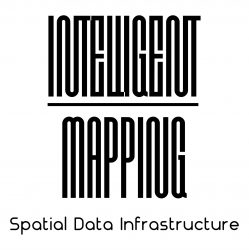Proposition
Addressing systems are essential for the management of modern economies and the assurance of data collection to base economic investment on intelligence gained from data. Traditional addressing systems, assigning addresses through the use of a number road name, district city and administrative area, have been employed for the last couple of hundred years. However these old systems are have several disadvantages with lack of complete coverage even in places like and importantly take decades to implement and often are never completed.
We propose a novel addressing system by combining state of the art technologies. This Intelligent Addressing and Mapping (IAM) approach assigns unique digital identifier to each building and land parcel. The IAM system is compatible with some and all modern mapping systems, such as car satellite navigation, and behaves as an address and as a postcode at the same time. The IAM system adheres to the UNDP and World Bank proposed standards for a practical Land Administration. IAM while modern and futuristic through the provision of unique identifiers also allows the basis of traditional addressing to take shape and develop.
By using IAM unique digital identifiers will allow citizens and the State to find their addresses online or through the use of an app on their smart phone. A digital map of buildings and land parcels will allow the State to organise their resources for Land Administration, economic growth and development as a well as for security.
This presents a futuristic strategy to secure the benefits of addressing, in a relative short period of time, generating unique addresses, way finding, and navigation, while at the same time creating data for Land Administration in advance of the UN 2030 target date for sustainable development. Setting up the digital infrastructure of Nigeria will provide the right conditions for investment and sustainable development of the economy and place developing countries who adopt the system at the forefront of all developing countries and on a par with European countries. Our approach can deliver a digital addressing system with a rapid streamlined implementation within 5 years.

